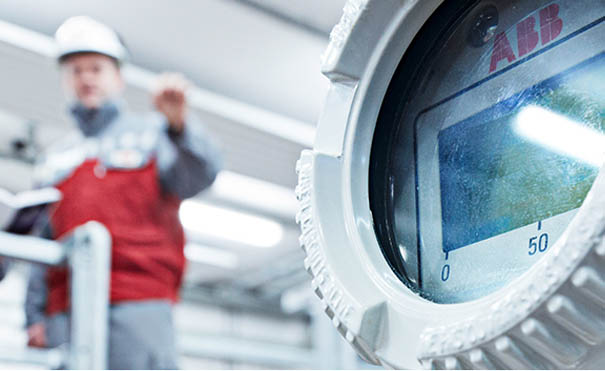Differential pressure sensors are critical components for process monitoring, providing reliable quantitation of the difference between the applied force at two separate points in a contained system.
This may include monitoring the difference in pressure between the fluid and the headspace in a container, or between two points in a flow system.
Monitoring differential pressure is critical for process control in an array of industrial sectors. They can be used in applications as varied as level measurement in fuel distilleries and flow monitoring in crude oil extraction pipes. This versatility represents broad measurement parameters that may include extreme peak temperatures and complex sample materials.
Such demanding measuring conditions can be severely challenging for even the most robust pressure sensors, which sample process conditions via narrow bore impulse lines. These small diameter components can become fouled or blocked by a build-up of particulates. In low-temperature applications, impulse lines can freeze. Either of these scenarios can have significant ramifications to the accuracy of measuring results and the maintenance requirements of the differential pressure sensor.
Unblocking impulse lines can be costly and time-consuming. To avoid emergency maintenance and eliminate measurement inaccuracies, facility operators typically implement periodic cleaning that causes mechanical downtime and lower throughput.
ABB’s revolutionary preventative maintenance
Preventative maintenance of differential pressure sensors is essential but inefficient. To counteract the dual issue of costly mechanical downtime, ABB engineered a technology known as Plugged Impulse Line Detection (PILD). While this does not eliminate the need for routine cleaning of impulse lines and regular pressure sensor diaphragm maintenance, it does provide a basis for more efficient predictive diagnostics.
PILD technology uses an algorithmic method to predict blockages in impulse lines based on frequency detection. This monitors noise generated by pressure fluctuations within the system and characterises these frequencies against a reference of normal operation. While the differential pressure sensor is in normal operation, the PILD diagnostic software continuously monitors the noise spectrum of the system to detect deviations from the norm. The sensitivity of this technology is such that it can detect variations in the noise spectrum before pressure measurements are even affected.
This diagnostic software is loaded into every ABB 266 differential pressure transmitter.
Benefits of PILD pressure sensors
Differential pressure sensors enabled with PILD diagnostics can protect the integrity of measurement results in demanding process conditions. They quickly detect anomalies in normal working conditions and process an alert for the specific impulse line that is affected. This enables plant operators to detect and eliminate problems from the measuring chain before they even arise.
PILD pressure sensors from ABB
ABB supplies an extensive range of PILD-enabled differential pressure sensors. The 266 series boasts a measurement accuracy of up to 0.025%, with a choice of direct or remote mounting and varied options of multi-sensor technologies.
The entire 266 series of differential pressure sensors from ABB is enabled with PILD diagnostics, but this software may be unsuitable for your distinct application requirements.




